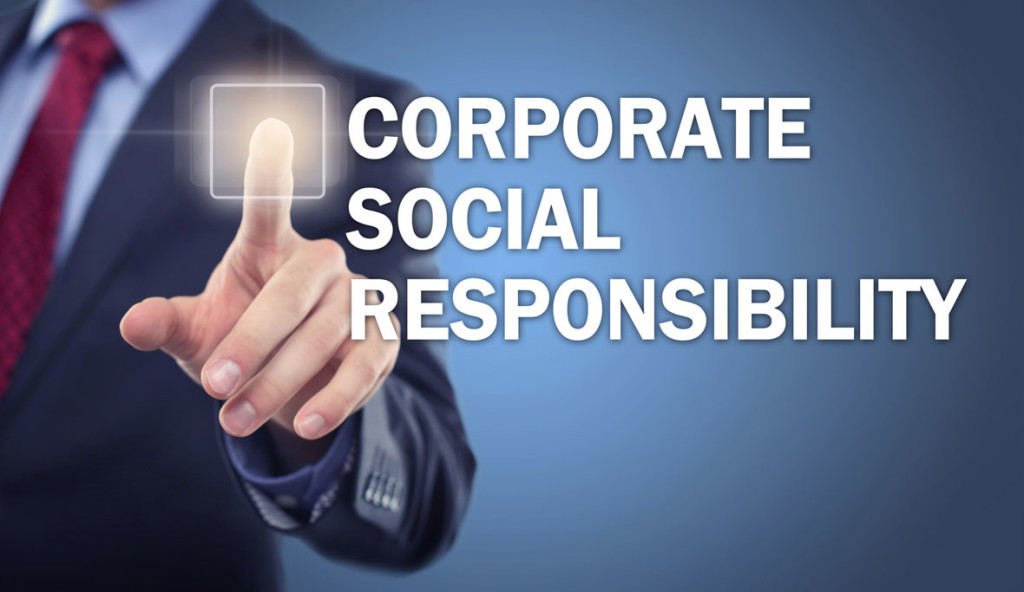Bahar Ali Kazmi from Aston Business School explores three common misconceptions about CSR and explains why it should be seen as an opportunity to develop a more innovative and advanced business model.
Most of us have a personal opinion on the ethics of issues such as corporate tax scandals, zero hours contracts, CEO’s remuneration packages, the living wage and human rights abuses in global supply chains. But do the ethical positions that we hold privately remain the same in our professional lives?
There is a widely-held perception that the prevailing business environment makes it difficult for managers to stay true to what they as individuals think or do about ethical issues.
Corporate Social Responsibility (CSR) challenges this “separation” between the personal and the professional and, in so doing, proposes an advanced business model that is often hamstringed by three misconceptions about the nature and aims of CSR:
CSR is anti-business. CSR does not see business as a force for social good and presents companies as a social menace, with the aim of CSR being to destabilise business activity.
This is a mistaken view of CSR and what it aims to achieve. CSR offers an enlarged view of business activity that goes beyond the dictum of shareholder value. It encourages companies to realise value-based management, to involve consumers, employees, communities and civil society organisations in strategic decision-making, and to contribute to achieving societal goals.
CSR is anti-profit. CSR questions the morality of profit-making and represents it and its motivation as morally inferior and socially detrimental.
This view of CSR and what it stands for is also misguided. CSR is not against profit and considers it a legitimate goal of business activity, but it does not endorse the imperative of ‘profit-maximisation’ and contests its social value by asking how the profit is made, distributed and utilised. The primary focus of CSR, therefore, is to change this imperative that prevents companies and their managers from acting responsibly and to imbed the principle of fairness in the process of profit generation, distribution and utilisation.
CSR is a double tax. CSR is an attempt to tax companies twice by forcing them to deliver and pay for public services and goods.
This perspective on CSR is also misleading because it mistakenly associates CSR with philanthropy. CSR does not force companies to contribute to public services and goods. It asks companies to eliminate their negative social and environmental impacts and internalise the cost of addressing and mitigating them.
This article was taken from here.

